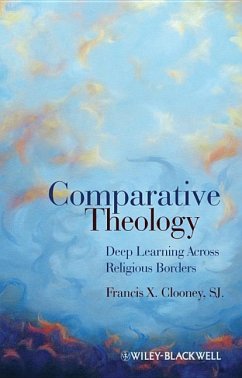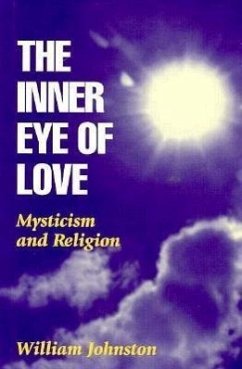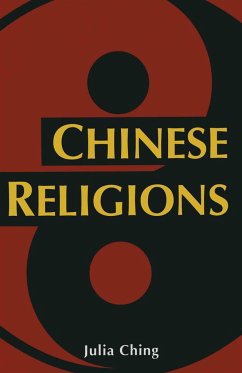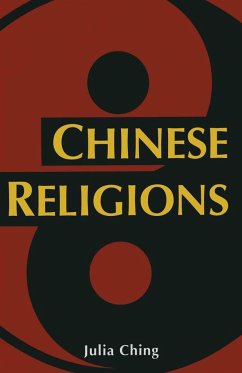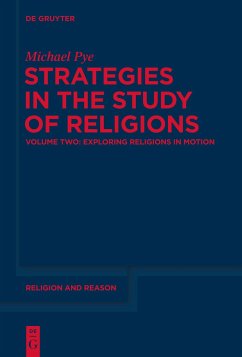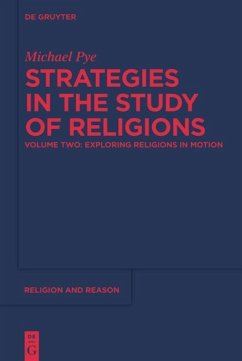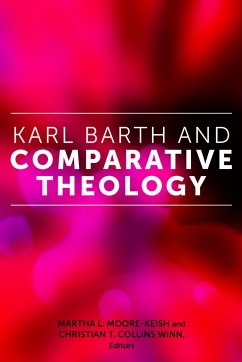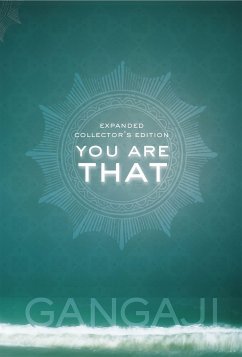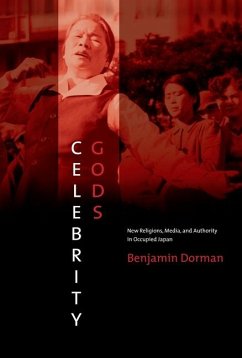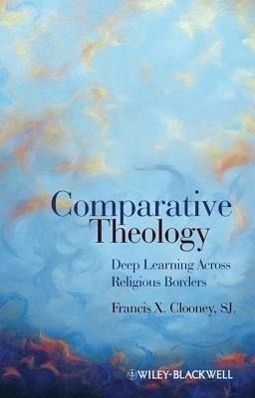
Comparative Theology
Deep Learning Across Religious Borders
Versandkostenfrei!
Versandfertig in über 4 Wochen
138,99 €
inkl. MwSt.
Weitere Ausgaben:

PAYBACK Punkte
69 °P sammeln!
This is a highly engaging introduction to comparative theology by one of the world's most respected scholars in this fast-growing field. The book describes the development of the area and shows the reader both how to understand and undertake comparative theology. Drawing on the author's three decades of work in the area of comparative theology, the book discusses the history of the field and the distinctive features of its current practice. While giving a clear sense of the purposes and methods of the discipline, Clooney draws upon his extensive study and experience to illustrate how one makes...
This is a highly engaging introduction to comparative theology by one of the world's most respected scholars in this fast-growing field. The book describes the development of the area and shows the reader both how to understand and undertake comparative theology. Drawing on the author's three decades of work in the area of comparative theology, the book discusses the history of the field and the distinctive features of its current practice. While giving a clear sense of the purposes and methods of the discipline, Clooney draws upon his extensive study and experience to illustrate how one makes the necessary choices about which traditions to study, and how to focus manageably the comparative study any of us endeavors to undertake. Several chapters offer full-length examples of comparative theology in practice. The book also considers the issues of truth and the long-term effects of the comparative theological project on living religions in their faith, truth, and practice, on the study of religions, and on the comparativist. This multifaceted introduction to the field enables the reader to engage in comparative study, demonstrating that comparative theology can be initiated from within any religious tradition and even in accord with a personally defined spiritual path.




